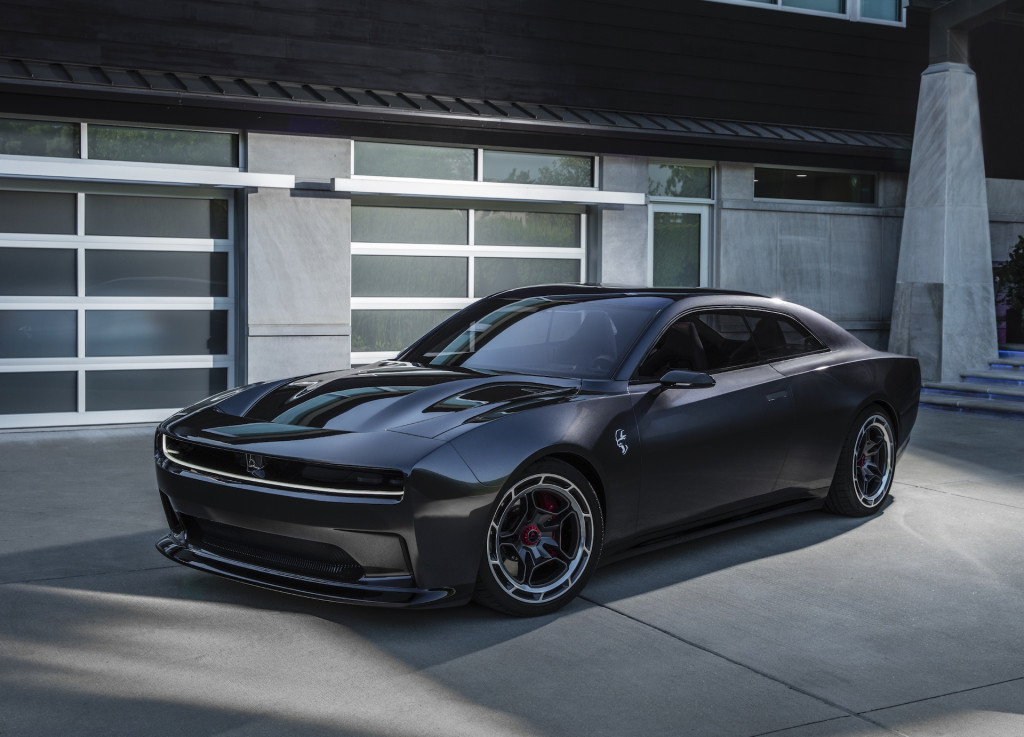Rivian will adopt Tesla’s EV charge port, otherwise known as the North American Charging Standard (NACS), and Hyundai and Stellantis might as well.
“Today we signed an agreement with Tesla to adopt the North American Charging Standard,” Rivian announced Tuesday on Twitter. “This opens charging for Rivian vehicles on Tesla’s Supercharger network across the United States and Canada. Access starts as soon as spring 2024.”
The automaker didn’t discuss the specifics of the rollout. Owners of existing Rivian vehicles will need an adapter to charge at stations with Tesla ports, as Rivian currently uses the Combined Charging Standard (CCS). Rivian did not address whether it will build Tesla ports into future vehicles, or whether it will drop CCS at some future date.
2023 Hyundai Ioniq 5
Rivian has been working on its own charging network. In 2021, it announced plans for more than 3,500 DC fast chargers at more than 600 sites by 2023, along with more than 10,000 Level 2 AC chargers. These were to be positioned off the beaten path and close to outdoor destinations that Rivian envisions its customers frequenting, forming a sort of backwoods counterpart to the Tesla Supercharger network.
Automotive News also reported on Tuesday that Hyundai was considering use of the Tesla charge port in future EVs. Hyundai CEO Jaehoon Chang said the main consideration is what will be most beneficial to customers, according to the report. Chang said Hyundai EVs may not be able to charge at the same power rate at Tesla Supercharger stations as they currently can at some CCS stations, and that Hyundai would consult with Tesla on this.
In a statement to Reuters published last week, Stellantis said it was also evaluating the Tesla connector.

Dodge Charger Daytona Concept
“We continue to evaluate the NACS standard and look forward to discussing more in the future,” the automaker said.
The shift toward Tesla’s charge port and away from CCS was triggered by Ford, which announced last month that it will build Tesla compatibility into next-generation EVs beginning in 2025, while offering owners of existing EVs the ability to charge at Supercharger stations using an adapter scheduled to become available next year. As new Ford EVs are introduced, the automaker plans to abandon CCS in the U.S.
General Motors followed with its own announcement earlier this month. GM also aims to grant owners of existing EVs access to the Supercharger network in 2024, and will start designing EVs with Tesla connectors beginning in 2025, meaning a gradual phaseout of CCS.
